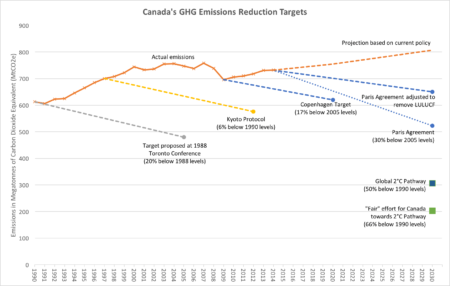I last flew in 2007, avoiding the practice since because of its unsustainability and the damage it does to the climate.
Nonetheless, my objection is to the unsustainable fossil fuel use and not to flying per se. I just think flying makes people travel more frequently and farther than they would otherwise be willing to go, and thus the damage from flying comes when people come to feel entitled to it and build lifestyles that depend on it.
Over the years I have seen a lot of inconsistent numbers on CO2 emissions from flying versus the train or other options. Today, the CBC posted some figures from Ryan Katz-Rosene, “a University of Ottawa professor who studies sustainable transportation”:
Taking VIA’s “Canadian” service from Toronto to Vancouver would generate 724 to 4,287 kilograms of CO2 per person. In comparison, an economy flight between those two cities would generate 464 to 767 kilograms of CO2 per person.
VIA’s “Ocean” service between Montreal and Halifax generates 218 to 1,292 kilograms of CO2 per person, compared to 152 to 482 kilograms of CO2 per person for an economy flight.
Katz-Rosene published the findings in the journal The Canadian Geographer and wrote about them on the University of Ottawa website in 2020. He tried to confirm the numbers with VIA, but they did not confirm or deny the figures, despite multiple conversations with him.
…
Katz-Rosene blames “diesel-guzzling locomotives hauling fairly empty trains” — including sleeping and dining cars — on those lines.
English’s study found that just adding a snack car can increase a train’s greenhouse gas emissions intensity by 19 per cent, and that increasing seating density was one of the easiest ways to cut emissions and energy use.
Back in 2009, my friend Matt did some calculations of his own to estimate Toronto to Vancouver flights as around 330 kg of CO2 each way in an 80% full 767 or A320.
I have known all through the PhD that I would need to do at least one last trip to Vancouver, to clear things out of storage at my parents’ house and ship everything I want to keep back to Toronto. With my brother getting married in August, the plan is now to combine those purposes into one trip, along with seeing the old sights and friends who are still in town. Enduring a four day train voyage each way was broadly unappealing even before COVID, but now I would expect it to be a vexing mixture between feeling constrained by public health protection rules and feeling frustrated and worried about other passengers not following them. Four days in a rolling box, sharing the air with people who I can’t control, is not my idea of a nice break from work or great scenic way to see the country. If the climate impact is worse than flying, there seems no reason to do it.

